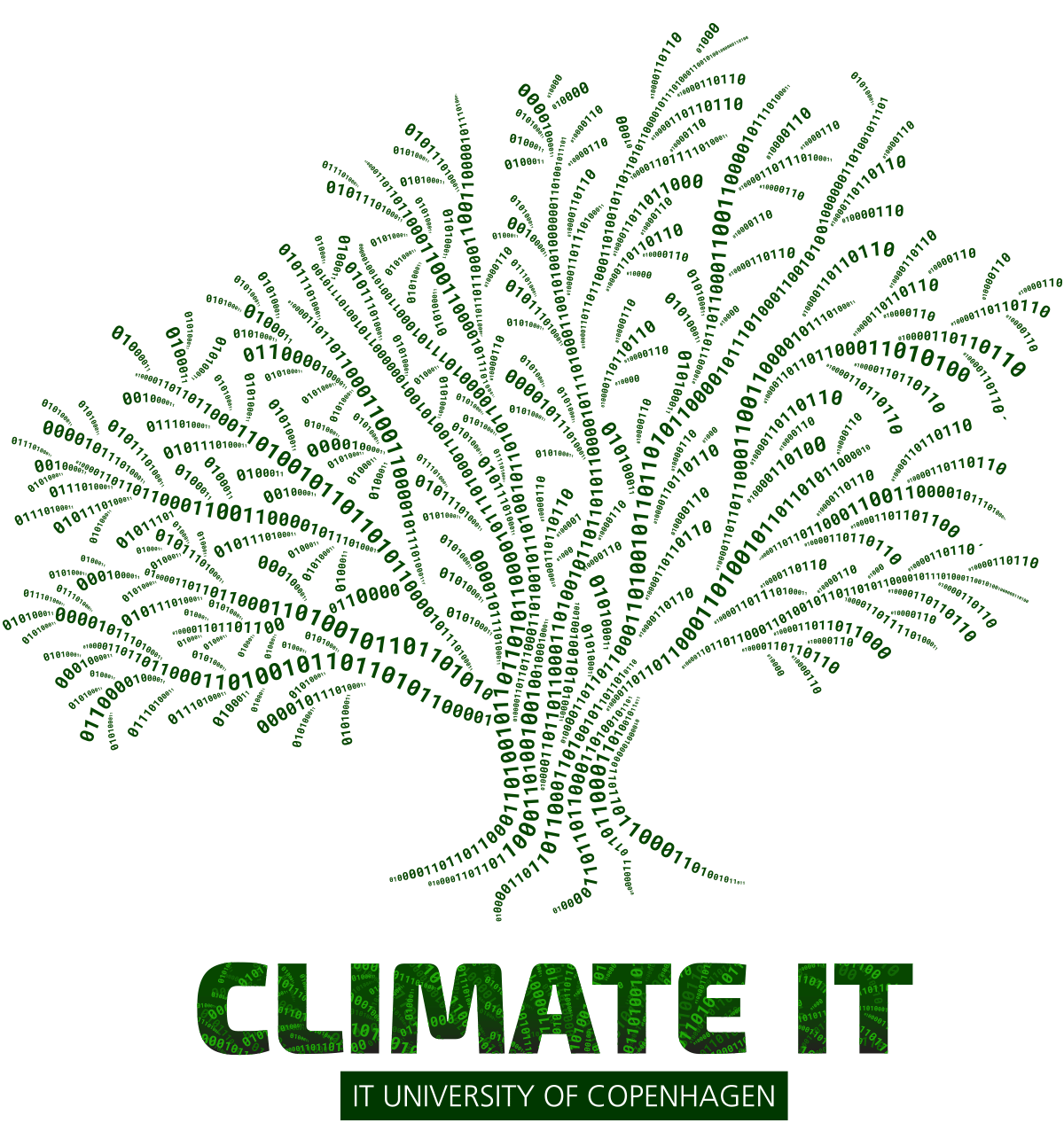Using Minecraft to explore climate change topics with school children
Few of the world’s most popular games deal directly with climate issues. However, games can still be used to make gamers think about real world problems, says Associate Professor, Hans-Joachim Backe, who is developing tools for teachers to discuss climate issues based on for example Minecraft.
Digital Design DepartmentResearchClimate ITcomputer games
Written 8 February, 2022 11:10 by Jari Kickbusch
The educational games market is vast. Whether you need to learn about historical events, to spell or do divisions, there is a computer game suited for the purpose. In these times, of course, there are also games designed to make children and young people aware of climate issues, but according to Associate professor at IT University of Copenhagen, Hans-Joachim Backe, some of the most popular games such as Minecraft or Fortnite can also be used to increase climate thinking.
- If you tell a group of 10-year-olds that now, we're going to play this math game in class, they will roll their eyes. If you tell them we're going to play Fortnite together, you’ll get their attention. So far, game-based learning has typically disguised the learning as a game and children are very sensitive to that. That's a problem, he says.
Virtual survival
Hans-Joachim Backe is conducting research to find out how the fictional worlds in games represent real world issues and whether these representations can be used to increase awareness about real world problems.
- In Minecraft, for example, you can survive by eating apples that fall from the trees, you can raise pigs and you can be a hunter. You just go out there and shoot some animals. This approach to how you behave in nature, the kids know well. They know how to survive in a virtual world but not in reality. And some kids think that of course you just go out there and kill the wild animals. I would like to give their school teachers leading questions like, for example, what are the alternatives to killing wild animals? Do you have to do that? And there will always be a kid in the room who says, of course, you can do farming, but that’s much harder and not as much fun. And that’s where the teacher can come in and start a discussion, Hans-Joachim Backe explains.
Tools for teachers
Hans-Joachim Backe is currently developing guidelines for teachers on how to use the popular games for discussions on climate issues in schools. The guidelines will be based on previous research papers that he has written on the topic.
- I’m basically investigating if and how we can use these games and their representation of the environment for something good in the classrooms. Often teachers don't play computer games themselves and even if some of them do, they don't necessarily play the same games as the kids. So, I’m developing tools or a framework, which is basically all the teachers need to know in order to discuss games from an ecologic perspective. That way it’s also a tool to get children to think and talk about difficult topics, he says.
Hans-Joachim Backe will hand in a research paper on the framework in February 2022. He hopes that it will be tested in Danish schools in the fall.
